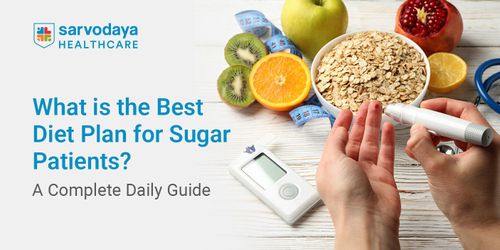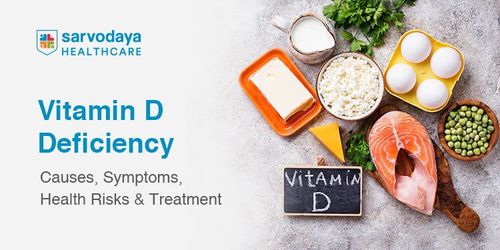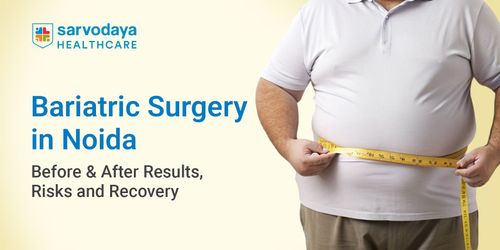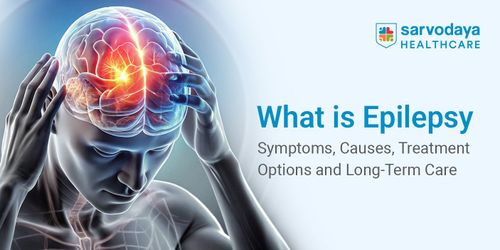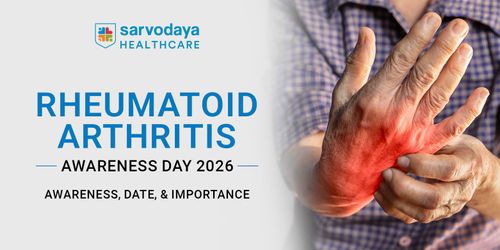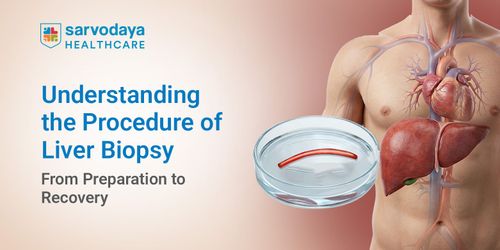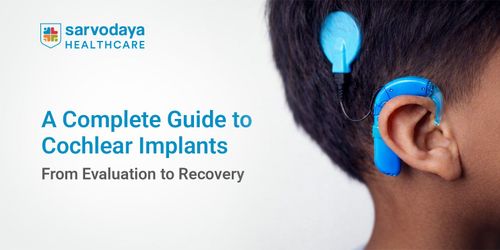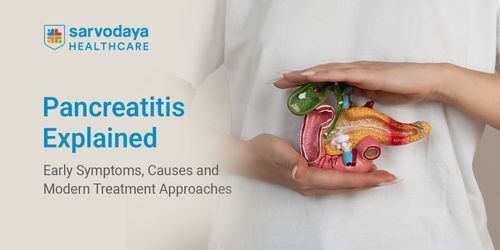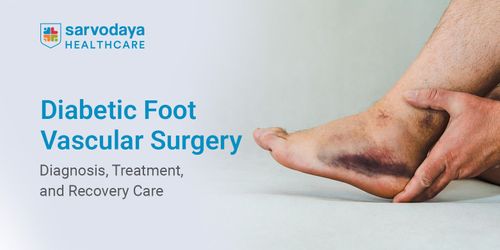Vitamin D is essential for maintaining healthy bones, supporting our immune system, and promoting our overall wellbeing. It is commonly called the ‘sunshine vitamin’, but many people are unaware that they might be lacking it until symptoms become quite pronounced.
In this blog, we discuss the most common vitamin D deficiency causes, early signs to look out for and how it may affect your hair and mood.
Causes of Vitamin D Deficiency
Vitamin D deficiency causes can vary from one individual to another, but most of them are linked to modern lifestyle patterns or underlying health conditions.
Here are the most common reasons people develop this deficiency:
- Limited Sunlight Exposure: Spending most of the day indoors, using sunscreen regularly, or living in heavily polluted areas may prevent your body from producing vitamin D naturally from sunlight.
- Poor Dietary Intake: Diets low in vitamin D-rich foods, like fatty fish, eggs, and fortified dairy products, can contribute to low levels.
- Health Conditions: Digestive disorders like Crohn’s disease, coeliac disease, and chronic liver or kidney disease can impair the body’s ability to absorb or process vitamin D.
- Obesity: Vitamin D is fat-soluble, meaning it can get trapped in fat tissue, making it less accessible for the body to use.
Vitamin D Deficiency Causes, Symptoms and Treatment
Early Symptoms of Vitamin D3 Deficiency
Vitamin D3 deficiency symptoms can often be vague, which is why many people remain unaware of the problem until it becomes more severe. These symptoms may affect physical as well as emotional health and can be mistakenly attributed to other conditions.
Here are some of the most common signs that could indicate you are experiencing vitamin D3 deficiency symptoms:
- Persistent Fatigue and Tiredness: One of the earliest signs, often dismissed as overwork or stress.
- Bone and Joint Pain: Especially in the lower back and legs, caused by impaired calcium absorption.
- Frequent Illnesses or Infections: Low vitamin D levels weaken immune responses, making you more susceptible to colds and respiratory infections.
- Muscle Weakness or Cramps: Due to poor nerve-muscle function, which Vitamin D helps regulate.
- Mood Changes and Depression: A deficiency may impact serotonin levels, affecting emotional well-being.
Vitamin D Deficiency and Hair Loss
Many people are surprised to learn that vitamin D deficiency causes hair loss. While occasional hair shedding is normal, a noticeable thinning or patchy loss could be linked to low vitamin D levels.
Vitamin D is involved in stimulating new and old hair follicles. When your body does not have enough, hair growth may be impaired.
This is especially true in conditions like:
- Alopecia areata: An autoimmune condition closely linked with vitamin D deficiency, where the immune system attacks hair follicles.
- Female and Male Pattern Baldness: Though mainly driven by genetics and hormones, low vitamin D may worsen these conditions.
- General Thinning and Weak Hair: Even without a diagnosis, it can negatively affect the strength and thickness of hair.
If you are experiencing hair thinning, it is advisable to discuss the possibility of vitamin D deficiency causing hair loss with your healthcare provider.
Testing and Diagnosis of Vitamin D Deficiency
The most reliable vitamin D deficiency test is the 25-hydroxyvitamin D blood test. This test determines the amount of Vitamin D circulating in your body and is expressed in nanograms per millilitre (ng/mL).
Doctors may recommend this test if you fall into a high-risk category or if you have persistent symptoms of vitamin D3 deficiency. In some cases, additional blood tests may be required to rule out other underlying health issues.
Treatment and Prevention
Depending on the severity, doctors may recommend a combination of sunlight exposure, dietary changes and supplements for vitamin D deficiency. Such interventions can help unlock numerous vitamin D benefits.
Here are simple and effective ways to prevent and manage vitamin D deficiency:
- Sunlight Exposure: Aim for 10-30 minutes of midday sun exposure, several times a week, without sunscreen on small areas like arms and legs.
- Vitamin D-rich foods: Include fatty fish (like salmon and mackerel), egg yolks, cheese, fortified milk, cereals, and mushrooms in your meals.
- Supplements: Available in both D2 and D3 forms. Vitamin D3 is usually preferred for its higher absorption rate. Always take supplements under medical supervision to avoid toxicity.
- Lifestyle Adjustments: Increase outdoor activities and enhance your overall diet to boost immunity and nutrient intake.
Health Benefits of Vitamin D
The vitamin D benefits are wide-ranging and touch on several key areas of health. This essential nutrient influences not just bones, but also the immune, cardiovascular, and nervous systems.
Here are some of the key vitamin D benefits:
- Stronger Bones and Teeth: Vitamin D helps the body to absorb calcium, which is vital for maintaining bone density and reducing the risk of fractures.
- Improved Immunity: It strengthens your immunity, reducing your chances of catching colds, flu, and other infections.
- Better Mood and Mental Wellbeing: Sufficient levels are associated with lower rates of depression and seasonal affective disorder.
- Cardiovascular Health: Certain studies associate adequate vitamin D with a lowered risk of high blood pressure and cardiovascular disease.
Top 10 Vitamin D-Rich Foods That Strengthen Your Bones and Boost Immunity Naturally
Conclusion
Vitamin D deficiency is more common than most people realise, yet its effects can be profound if left unaddressed. Early detection through a vitamin D deficiency test and timely treatment can significantly improve both physical and mental well-being.
Sarvodaya Hospital, Faridabad, is equipped with the latest diagnostic facilities and expert clinicians who can identify and treat nutritional deficiencies such as vitamin D with accuracy. Their holistic approach combines evidence-based treatment with lifestyle guidance, making them one of the most reliable healthcare providers in Delhi NCR. A preventive visit to Sarvodaya Hospital can help you understand your health better and take the right steps before any deficiency worsens.
If you experience ongoing fatigue, mood swings, or unexplained body aches, book a consultation to discuss the possibility of vitamin D3 deficiency with the most reputable doctors in Delhi NCR. A simple blood test and a ray of sunshine can help kickstart your journey to better health.





